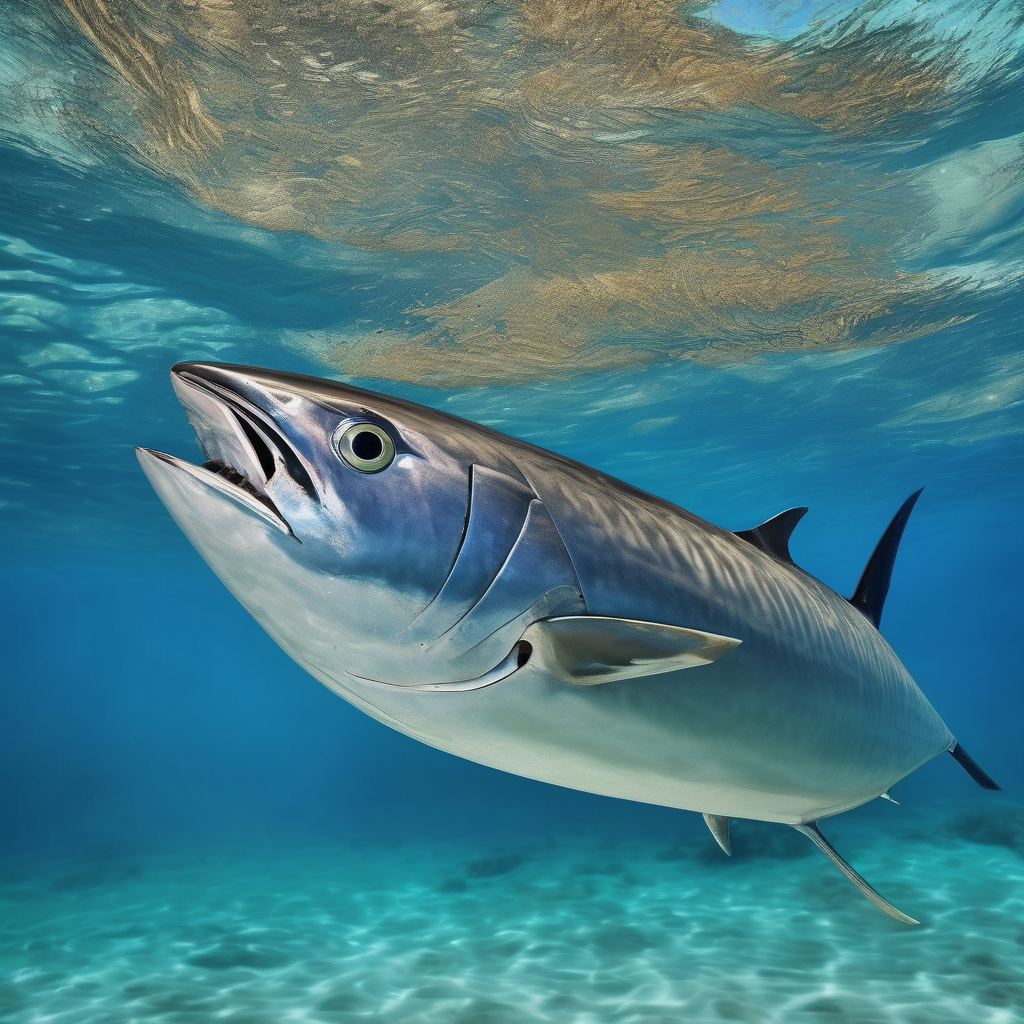Deputy Prime Minister and Minister for Tourism and Civil Aviation Viliame Gavoka underscored the urgency of innovation, vigilance, and unity at the opening of the 9th Pacific Tuna Forum held at the Sofitel Fiji Resort and Spa in Nadi. This significant event convenes leaders, industry experts, and stakeholders from across the Pacific, all dedicated to fostering sustainable and inclusive growth within the tuna industry.
In his address, Gavoka emphasized the importance of regional collaboration and the responsible management of tuna resources, which he identified as essential to the economies, cultures, and communities of Pacific nations. He noted that nearly 60 percent of the global tuna catch is sourced from the Western and Central Pacific Ocean, highlighting the region’s pivotal role in the international tuna sector.
The Deputy Prime Minister commended the leadership displayed by Pacific nations in sustainable tuna management, driven by scientific policies, effective governance, and a spirit of solidarity. However, he also acknowledged ongoing challenges such as climate change, illegal fishing, and the pressures of global competition. Gavoka reaffirmed Fiji’s dedication to oceanic sustainability, offering support for Prime Minister Sitiveni Rabuka’s “Ocean of Peace” initiative, which aims to enhance maritime security and cooperation throughout the region.
This year’s forum particularly focuses on the East New Britain Initiative (ENBi), which intends to establish a Pacific-led framework for transforming tuna into a robust value chain through regional processing hubs, premium branding, market access, and the creation of infrastructure and job opportunities from ocean to retail shelves.
The forum’s discussions align with recent events in the Pacific community, including the 21st regular session of the Western and Central Pacific Fisheries Commission held in Suva, which also prioritized sustainable fishing practices and tuna management. Over 550 participants from various nations took part in these conversations, reinforcing their commitment to shared environmental stewardship benefitting both current and future generations.
Encouraging collaborative, science-driven strategies and active local community involvement remains essential. The expectation is that the insights and partnerships formed during forums like this will foster effective policies, leading to improved management practices that safeguard marine resources while supporting livelihoods reliant on them. With a united commitment to sustainability, the Pacific region is positioning itself to preserve its vital tuna resources for generations ahead.
